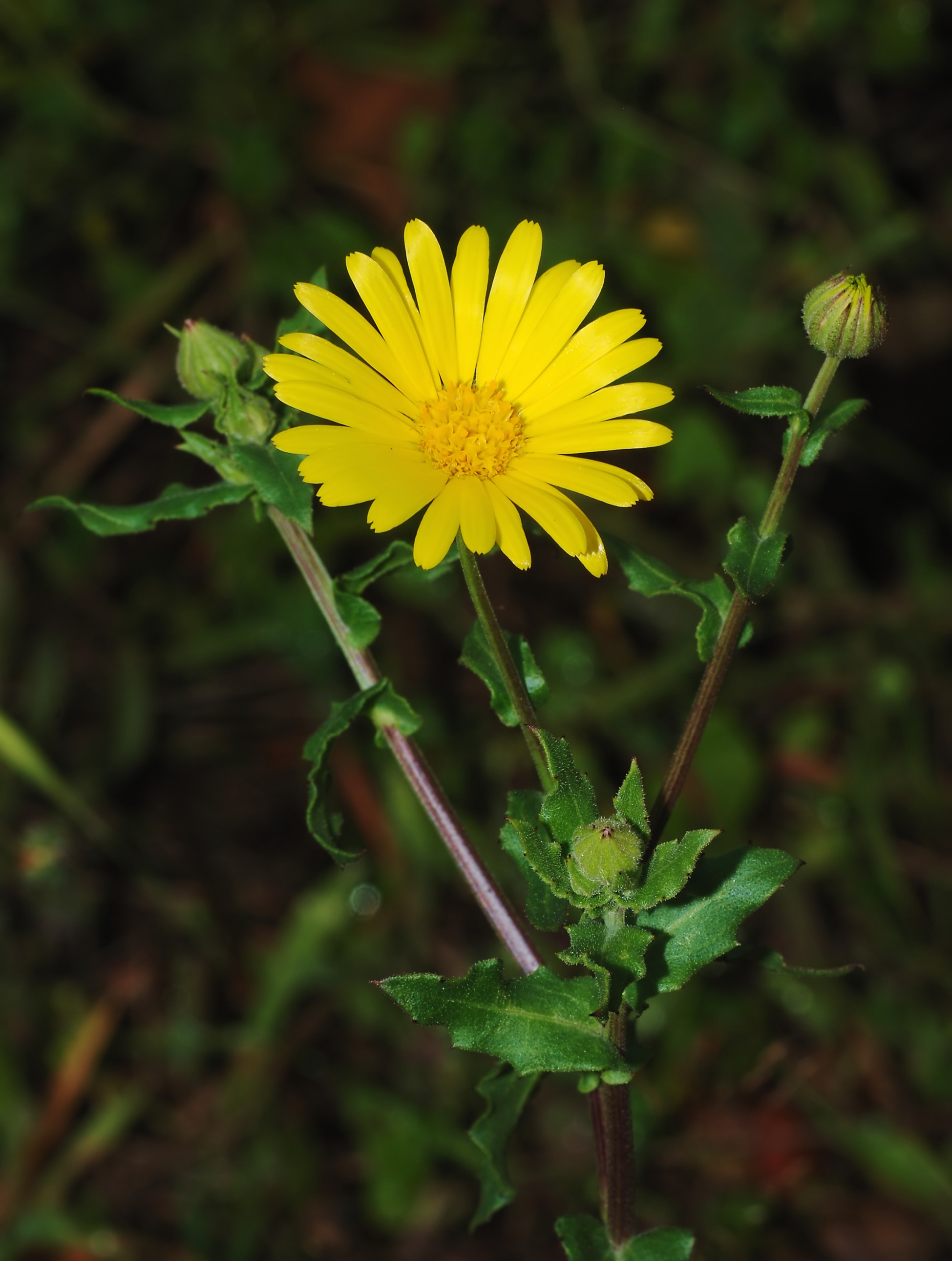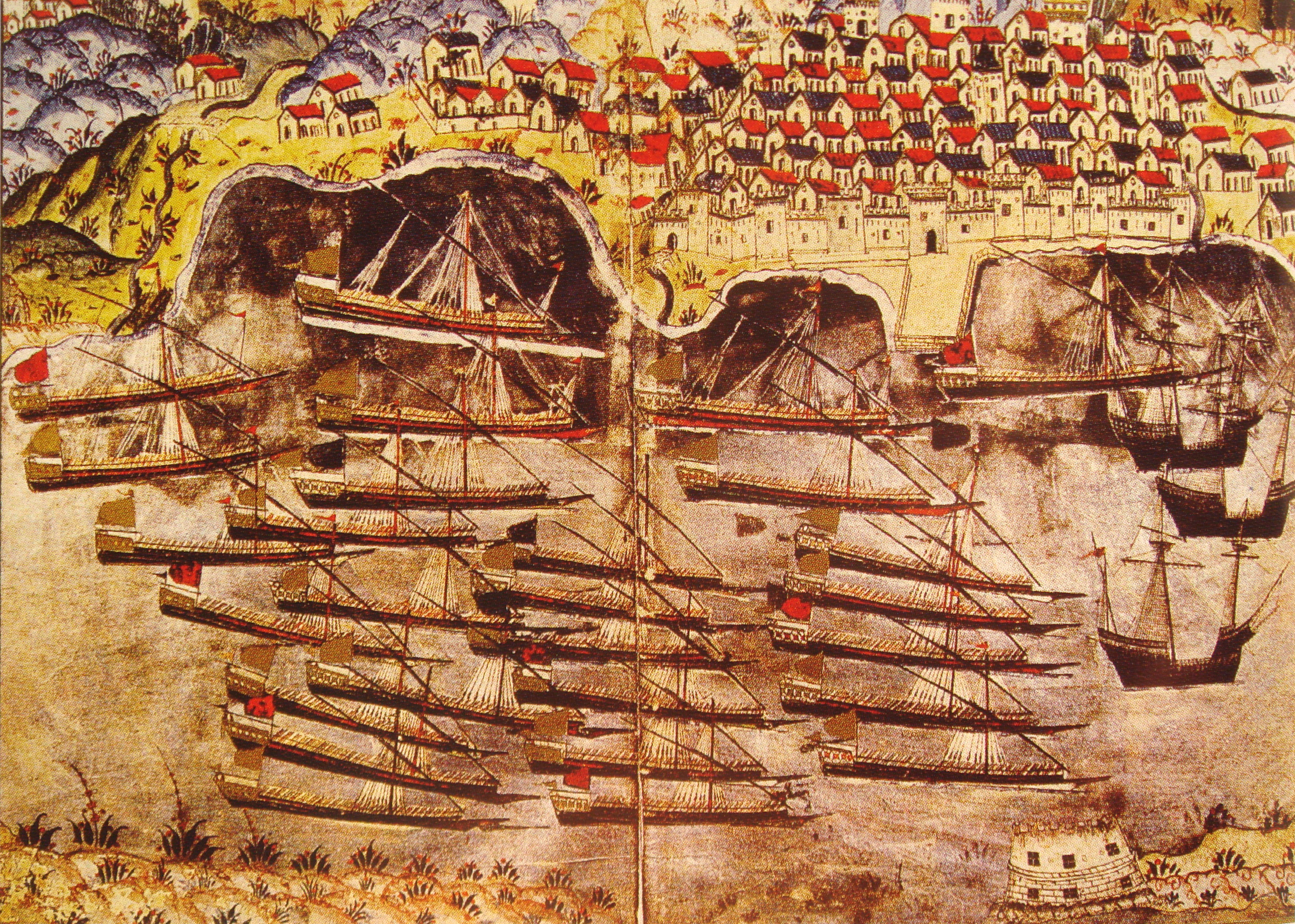|
Sohane Benziane
Sohane Benziane (1984 – October 4, 2002) was a French girl of Algerian ancestry who was killed at the age of 17. On October 4, 2002 in Vitry-sur-Seine, Val-de-Marne, Île-de-France, 17-year-old Sohane Benziane was burned alive in front of her friends in a cellar by her former boyfriend, a local caid (gang leader). While a watch was kept outside, the killer, nicknamed ''Nono'', who had bought the bottle of gasoline a day before, poured gasoline over Sohane and set her on fire with a lighter. As Sohane, engulfed in flames, managed to run out screaming in agony, her death was witnessed by a dozen other students that were coming out of class. The incident captured the attention of the French and international press and sparked outrage throughout France. It led to the founding of the feminist rights movement Ni Putes Ni Soumises. Despite trial testimony that Sohane's death was intended by the accused, a local Maghrebi gang leader, Jamal Derrar, was convicted of torture and barbarit ... [...More Info...] [...Related Items...] OR: [Wikipedia] [Google] [Baidu] |
Trials In France
In law, a trial is a coming together of parties to a dispute, to present information (in the form of evidence) in a tribunal, a formal setting with the authority to adjudicate claims or disputes. One form of tribunal is a court. The tribunal, which may occur before a judge, jury, or other designated trier of fact, aims to achieve a resolution to their dispute. Types by finder of fact Where the trial is held before a group of members of the community, it is called a jury trial. Where the trial is held solely before a judge, it is called a bench trial. Hearings before administrative bodies may have many of the features of a trial before a court, but are typically not referred to as trials. An appeal (appellate proceeding) is also generally not deemed a trial, because such proceedings are usually restricted to a review of the evidence presented before the trial court, and do not permit the introduction of new evidence. Types by dispute Trials can also be divided by the type ... [...More Info...] [...Related Items...] OR: [Wikipedia] [Google] [Baidu] |
October 2002 Events In Europe
October is the tenth month of the year in the Julian and Gregorian calendars and the sixth of seven months to have a length of 31 days. The eighth month in the old calendar of Romulus , October retained its name (from Latin and Greek ''ôctō'' meaning "eight") after January and February were inserted into the calendar that had originally been created by the Romans. In Ancient Rome, one of three Mundus patet would take place on October 5, Meditrinalia October 11, Augustalia on October 12, October Horse on October 15, and Armilustrium on October 19. These dates do not correspond to the modern Gregorian calendar. Among the Anglo-Saxons, it was known as Winterfylleth (Ƿinterfylleþ), because at this full moon, winter was supposed to begin. October is commonly associated with the season of spring in parts of the Southern Hemisphere, and autumn in parts of the Northern Hemisphere, where it is the seasonal equivalent to April in the Southern Hemisphere and vice versa. October ... [...More Info...] [...Related Items...] OR: [Wikipedia] [Google] [Baidu] |
October 2002 Crimes
October is the tenth month of the year in the Julian and Gregorian calendars and the sixth of seven months to have a length of 31 days. The eighth month in the old calendar of Romulus , October retained its name (from Latin and Greek ''ôctō'' meaning "eight") after January and February were inserted into the calendar that had originally been created by the Romans. In Ancient Rome, one of three Mundus patet would take place on October 5, Meditrinalia October 11, Augustalia on October 12, October Horse on October 15, and Armilustrium on October 19. These dates do not correspond to the modern Gregorian calendar. Among the Anglo-Saxons, it was known as Winterfylleth (Ƿinterfylleþ), because at this full moon, winter was supposed to begin. October is commonly associated with the season of spring in parts of the Southern Hemisphere, and autumn in parts of the Northern Hemisphere, where it is the seasonal equivalent to April in the Southern Hemisphere and vice versa. October ... [...More Info...] [...Related Items...] OR: [Wikipedia] [Google] [Baidu] |
French Victims Of Crime
French (french: français(e), link=no) may refer to: * Something of, from, or related to France ** French language, which originated in France, and its various dialects and accents ** French people, a nation and ethnic group identified with France ** French cuisine, cooking traditions and practices Fortnite French places Arts and media * The French (band), a British rock band * "French" (episode), a live-action episode of ''The Super Mario Bros. Super Show!'' * ''Française'' (film), 2008 * French Stewart (born 1964), American actor Other uses * French (surname), a surname (including a list of people with the name) * French (tunic), a particular type of military jacket or tunic used in the Russian Empire and Soviet Union * French's, an American brand of mustard condiment * French catheter scale, a unit of measurement of diameter * French Defence, a chess opening * French kiss, a type of kiss involving the tongue See also * France (other) * Franch, a surname * Frenc ... [...More Info...] [...Related Items...] OR: [Wikipedia] [Google] [Baidu] |
French People Of Algerian Descent
French (french: français(e), link=no) may refer to: * Something of, from, or related to France ** French language, which originated in France, and its various dialects and accents ** French people, a nation and ethnic group identified with France ** French cuisine, cooking traditions and practices Fortnite French places Arts and media * The French (band), a British rock band * "French" (episode), a live-action episode of ''The Super Mario Bros. Super Show!'' * ''Française'' (film), 2008 * French Stewart (born 1964), American actor Other uses * French (surname), a surname (including a list of people with the name) * French (tunic), a particular type of military jacket or tunic used in the Russian Empire and Soviet Union * French's, an American brand of mustard condiment * French catheter scale, a unit of measurement of diameter * French Defence, a chess opening * French kiss, a type of kiss involving the tongue See also * France (other) * Franch, a surname * French ... [...More Info...] [...Related Items...] OR: [Wikipedia] [Google] [Baidu] |
French Muslims
Islam in France is a minority faith. Muslims are estimated to represent around 4 to 8 percent of the nation's population and France is estimated to have the largest number of Muslims in the Western world, primarily due to Human migration, migration from Maghrebi, West African, and Middle Eastern countries. After conquering much of the Iberian peninsula, the Umayyad Caliphate, Umayyad Muslim forces invaded modern day southern France, but were decisively defeated by the Franks, Frankish Christian army led by Charles Martel at the Battle of Tours in 732 AD, thus preventing the subsequent Islamisation of the Western Europe. The majority of Muslims in France belong to the Sunni Islam, Sunni denomination and are of foreign origins. The French overseas region of Mayotte has a majority Muslim population. According to a survey in which 536 people of Muslim origin participated, 39% of Muslims in France surveyed by the polling group IFOP said they observed Islam's five prayers daily in ... [...More Info...] [...Related Items...] OR: [Wikipedia] [Google] [Baidu] |
Crime In Île-de-France
In ordinary language, a crime is an unlawful act punishable by a state or other authority. The term ''crime'' does not, in modern criminal law, have any simple and universally accepted definition,Farmer, Lindsay: "Crime, definitions of", in Cane and Conoghan (editors), ''The New Oxford Companion to Law'', Oxford University Press, 2008 (), p. 263Google Books). though statutory definitions have been provided for certain purposes. The most popular view is that crime is a category created by law; in other words, something is a crime if declared as such by the relevant and applicable law. One proposed definition is that a crime or offence (or criminal offence) is an act harmful not only to some individual but also to a community, society, or the state ("a public wrong"). Such acts are forbidden and punishable by law. The notion that acts such as murder, rape, and theft are to be prohibited exists worldwide. What precisely is a criminal offence is defined by the criminal law of ... [...More Info...] [...Related Items...] OR: [Wikipedia] [Google] [Baidu] |
2000s Trials
S, or s, is the nineteenth letter in the Latin alphabet, used in the modern English alphabet, the alphabets of other western European languages and others worldwide. Its name in English is ''ess'' (pronounced ), plural ''esses''. History Origin Northwest Semitic šîn represented a voiceless postalveolar fricative (as in 'ip'). It originated most likely as a pictogram of a tooth () and represented the phoneme via the acrophonic principle. Ancient Greek did not have a phoneme, so the derived Greek letter sigma () came to represent the voiceless alveolar sibilant . While the letter shape Σ continues Phoenician ''šîn'', its name ''sigma'' is taken from the letter '' samekh'', while the shape and position of ''samekh'' but name of ''šîn'' is continued in the '' xi''. Within Greek, the name of ''sigma'' was influenced by its association with the Greek word (earlier ) "to hiss". The original name of the letter "sigma" may have been ''san'', but due to the compli ... [...More Info...] [...Related Items...] OR: [Wikipedia] [Google] [Baidu] |
2000s In Île-de-France
S, or s, is the nineteenth letter in the Latin alphabet, used in the modern English alphabet, the alphabets of other western European languages and others worldwide. Its name in English is ''ess'' (pronounced ), plural ''esses''. History Origin Northwest Semitic šîn represented a voiceless postalveolar fricative (as in 'ip'). It originated most likely as a pictogram of a tooth () and represented the phoneme via the acrophonic principle. Ancient Greek did not have a phoneme, so the derived Greek letter sigma () came to represent the voiceless alveolar sibilant . While the letter shape Σ continues Phoenician ''šîn'', its name ''sigma'' is taken from the letter ''samekh'', while the shape and position of ''samekh'' but name of ''šîn'' is continued in the '' xi''. Within Greek, the name of ''sigma'' was influenced by its association with the Greek word (earlier ) "to hiss". The original name of the letter "sigma" may have been ''san'', but due to the complic ... [...More Info...] [...Related Items...] OR: [Wikipedia] [Google] [Baidu] |



